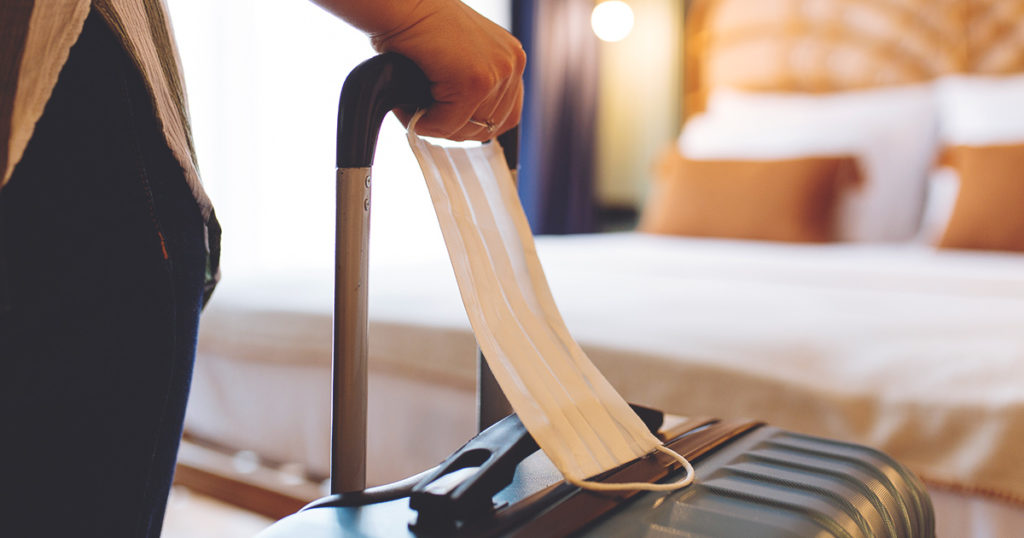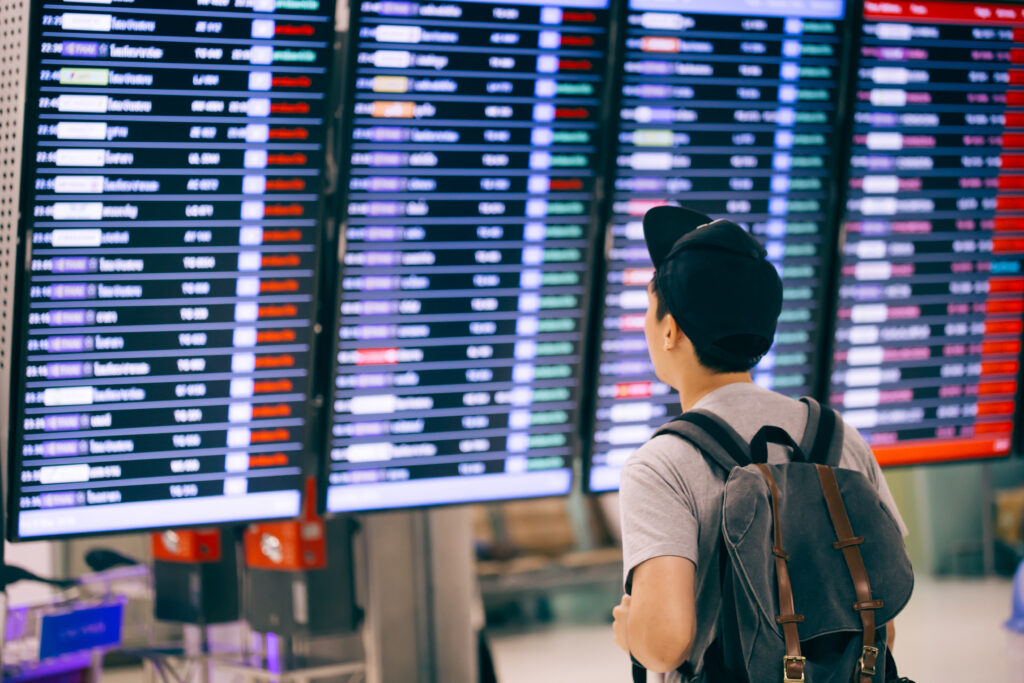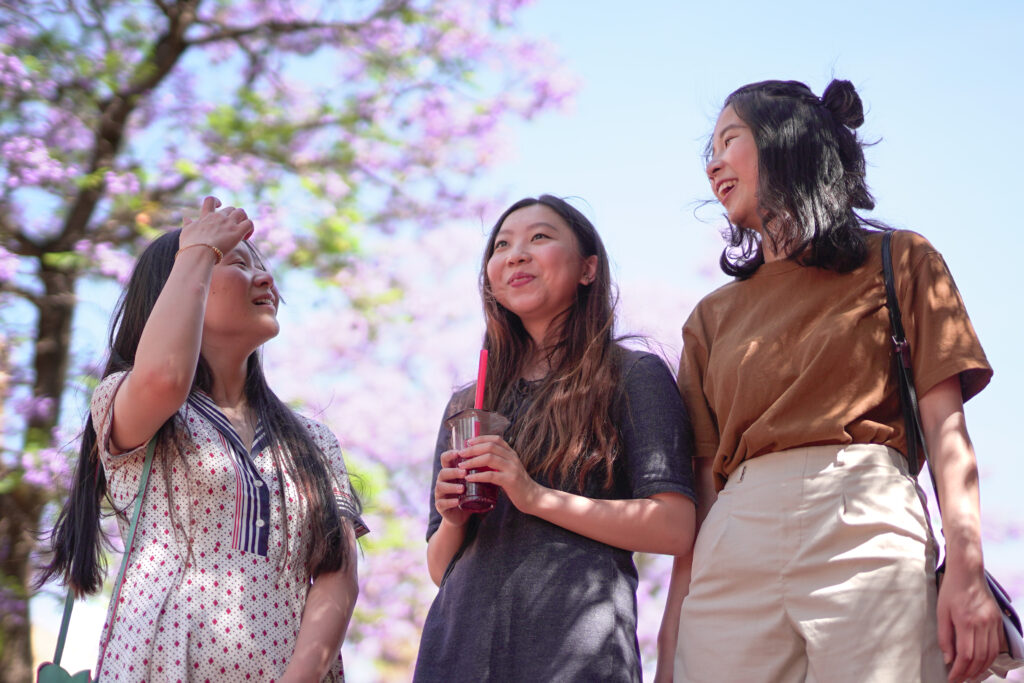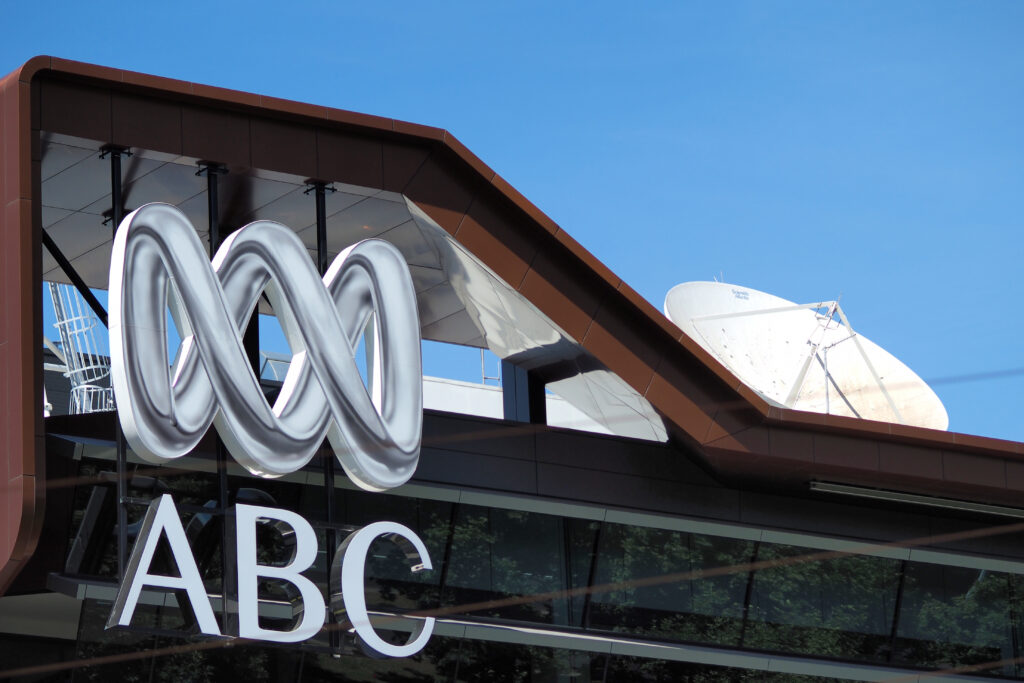Update as of 15 December: The Australian border officially reopened to international students on 15 December 2022. On this date, Australia also launched its safe travel zone with the Republic of Korea and Japan. Fully vaccinated travellers from these countries will be able to enter Australia without having to quarantine. Be sure to read up on border updates as well as travel updates on quarantine conditions.
As Australia gradually reopens, quarantine rules and regulations are changing regularly. As a result, it can be hard to keep track of all these changes and understand how they apply to you. Fortunately, we’re here to help you make sense of it all.
Here are the most important updates to the quarantine process in Australia that you need to know.
New South Wales
As of 1 November, fully vaccinated people (including international students) will not need to quarantine upon arrival in New South Wales.
To qualify for a quarantine-free arrival, you will need to:
- Receive a COVID-19 test after arriving in Australia
- Prove that you are fully vaccinated with a vaccine recognised by the Therapeutic Goods Administration (TGA)
- Have your vaccination status verified by the process determined by the Commonwealth Government.
Those who are not fully vaccinated will still be required to quarantine for 14 days upon arrival in New South Wales.
The first international student charter flight is set to arrive in Sydney on 6 December, carrying 250 students from over 15 countries, including Indonesia, Singapore, Vietnam, China and Canada. On 24 December, the next group of international students will arrive in Sydney, most of them from India and other South Asian nations. These groups will be the first to experience a quarantine-free arrival in New South Wales under the newly relaxed restrictions.
Victoria
In line with New South Wales’ reopening plan, Victoria will also no longer require fully vaccinated international travellers to quarantine upon arrival. From 1 November, travellers coming from overseas must have had a negative test result within 72 hours of their departure. They must also take another test within 24 hours of touching down in Victoria.
Unlike New South Wales, Victoria’s announcement did not make a specific mention of international students. Check your education provider’s website or Victoria’s International Student Arrival Plan to learn more about your quarantine requirements.
South Australia
Under South Australia’s COVID-Ready Plan, international arrivals are currently required to undergo 14 days of quarantine upon arrival in the state.
However, on 1 November, it was reported that this requirement would be halved for fully vaccinated travellers once 80 per cent of the state’s residents over the age of 15 were fully vaccinated. This date was originally projected to be 23 November and the government set it as the reopening date. Officials have since conceded that the state may not hit the target on that date but have not announced any plans to postpone its reopening.
As of 23 November, double-jabbed travellers will only need to quarantine for seven days. Unvaccinated travellers must quarantine for 14 days. Once the state reaches 90 per cent fully vaccinated (aged 12+), it will drop quarantine requirements for fully vaccinated travellers altogether. According to Premier Steven Marshall, South Australia is expected to reach this milestone in late December 2021.
Western Australia
The Western Australia government has announced that it will welcome fully vaccinated domestic and international arrivals (including international students) with no quarantine period once 90 per cent of its population (aged 12+) is fully vaccinated. It is expected that Western Australia will reach this 90 per cent target in late January 2022.
For more updates, visit the StudyPerth website.
At the time of this writing, the Australian Capital Territory, Northern Territory, Queensland and Tasmania have not provided any recent quarantine updates. You can learn more about COVID-19 and quarantine regulations for each state and territory at their respective websites below.
You can also learn more about the rules for travelling to Australia here.
Update as of 29 November: Due to the Omicron COVID-19 variant of concern, the Australian Government has postponed entry for these visa holders until 15 December. The travel bubble for the Republic of Korea and Japan has also been delayed until 15 December. New quarantine regulations have also been instated for certain states and territories. Be sure to read up on border updates as well as travel updates on quarantine conditions.
As Australia gradually reopens, quarantine rules and regulations are changing regularly. As a result, it can be hard to keep track of all these changes and understand how they apply to you. Fortunately, we’re here to help you make sense of it all.
Here are the most important updates to the quarantine process in Australia that you need to know.
New South Wales
As of 1 November, fully vaccinated people (including international students) will not need to quarantine upon arrival in New South Wales.
To qualify for a quarantine-free arrival, you will need to:
- Receive a COVID-19 test after arriving in Australia
- Prove that you are fully vaccinated with a vaccine recognised by the Therapeutic Goods Administration (TGA)
- Have your vaccination status verified by the process determined by the Commonwealth Government.
Those who are not fully vaccinated will still be required to quarantine for 14 days upon arrival in New South Wales.
The first international student charter flight is set to arrive in Sydney on 6 December, carrying 250 students from over 15 countries, including Indonesia, Singapore, Vietnam, China and Canada. On 24 December, the next group of international students will arrive in Sydney, most of them from India and other South Asian nations. These groups will be the first to experience a quarantine-free arrival in New South Wales under the newly relaxed restrictions.
Victoria
In line with New South Wales’ reopening plan, Victoria will also no longer require fully vaccinated international travellers to quarantine upon arrival. From 1 November, travellers coming from overseas must have had a negative test result within 72 hours of their departure. They must also take another test within 24 hours of touching down in Victoria.
Unlike New South Wales, Victoria’s announcement did not make a specific mention of international students. Check your education provider’s website or Victoria’s International Student Arrival Plan to learn more about your quarantine requirements.
South Australia
Under South Australia’s COVID-Ready Plan, international arrivals are currently required to undergo 14 days of quarantine upon arrival in the state.
However, on 1 November, it was reported that this requirement would be halved for fully vaccinated travellers once 80 per cent of the state’s residents over the age of 15 were fully vaccinated. This date was originally projected to be 23 November and the government set it as the reopening date. Officials have since conceded that the state may not hit the target on that date but have not announced any plans to postpone its reopening.
As of 23 November, double-jabbed travellers will only need to quarantine for seven days. Unvaccinated travellers must quarantine for 14 days. Once the state reaches 90 per cent fully vaccinated (aged 12+), it will drop quarantine requirements for fully vaccinated travellers altogether. According to Premier Steven Marshall, South Australia is expected to reach this milestone in late December 2021.
Western Australia
The Western Australia government has announced that it will welcome fully vaccinated domestic and international arrivals (including international students) with no quarantine period once 90 per cent of its population (aged 12+) is fully vaccinated. It is expected that Western Australia will reach this 90 per cent target in late January 2022.
For more updates, visit the StudyPerth website.
At the time of this writing, the Australian Capital Territory, Northern Territory, Queensland and Tasmania have not provided any recent quarantine updates. You can learn more about COVID-19 and quarantine regulations for each state and territory at their respective websites below.
You can also learn more about the rules for travelling to Australia here.





